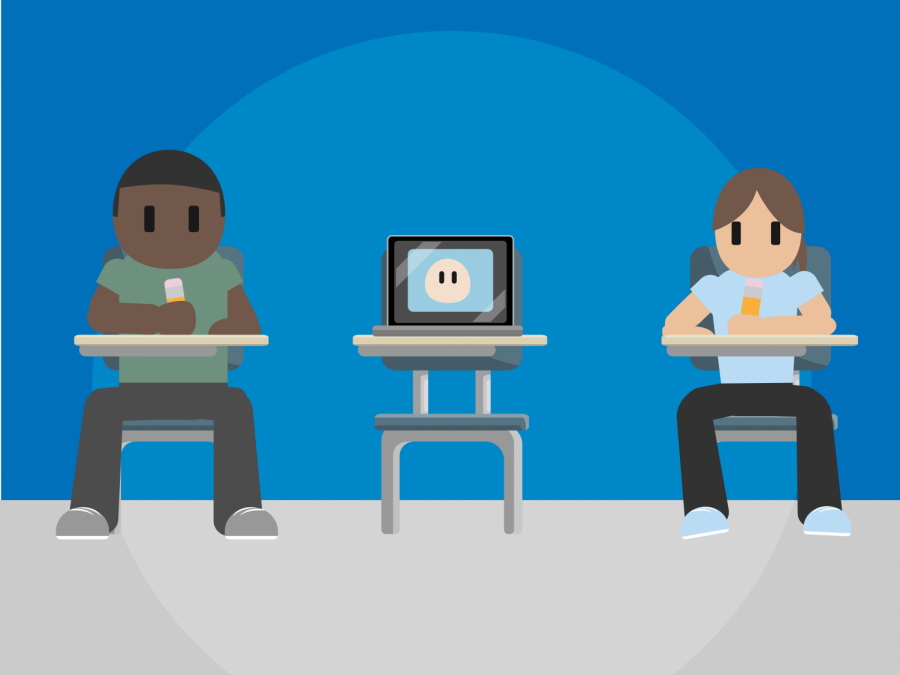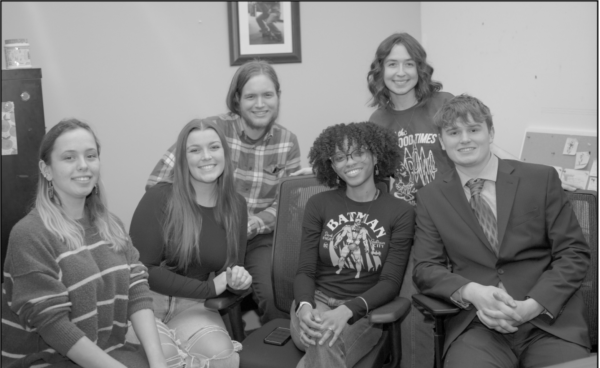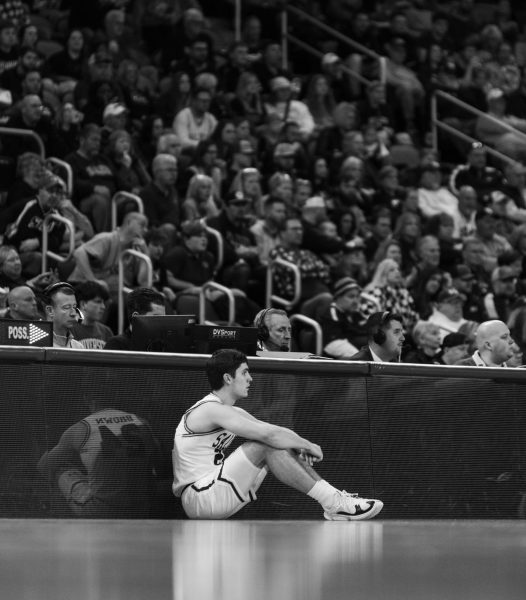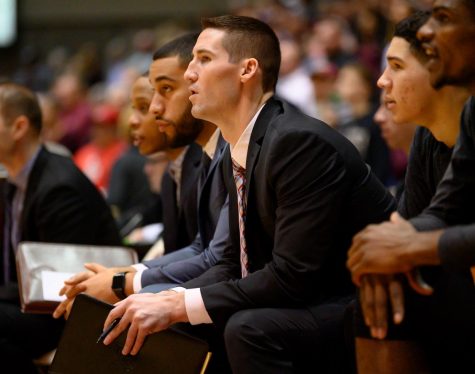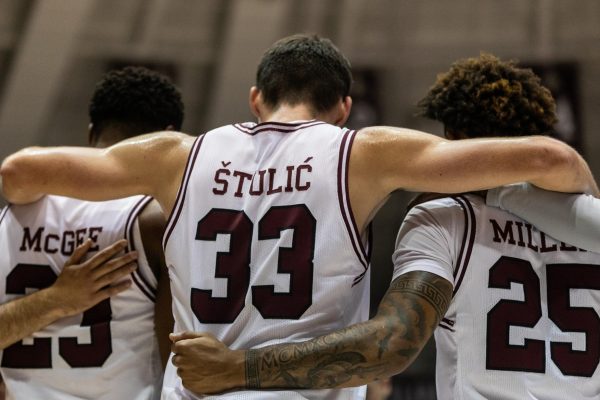Back to campus is just another day for online students
In 2020, I decided to give college “the old college try” a second time.
That fall, and following spring, I took all of my classes online, which, despite the global pandemic, felt pretty normal because everyone else at school was doing the same thing.
This fall is a bit different.
Advertisement
I’ll still be online, in Chicago, as the majority of my peers are returning to campus.
Colleges, in an effort to attract students, have gone to great lengths to weave a quilt of student life with squares for as many potential academic, professional and social interests as possible.
Online degree programs became part of that quilt before the pandemic to carve out a space for people who couldn’t attend classes in person because of financial or scheduling issues.
In the 2018-2019 school year, about 14 percent of U.S. students took exclusively online classes, according to the National Center for Education Statistics (NCES).
Universities, Southern Illinois University included, tout all of the flexibility that online learning offers, while still providing a top-tier college education.
But, online learners at SIU and around the country aren’t really part of any sort of “college experience.”
As most students choose to return to in-person college life, so returns a certain other-ness of online learning.
Advertisement*
While on-campus students are caught up in the hustle and bustle of move-in week, the only move I tend to make for school is with my mouse to open up a new window.
When I “go to work” for the Daily Egyptian, I’m often just looking at my phone.
As an online Saluki, my “dorm”, “library”, “dining hall,” classroom, office and student center experiences are all confined to my apartment.
I check into meetings over Zoom where people might break into a side conversation about their favorite bars, or an amazing event nearby, but almost all of the places named may as well be on another planet.
If I see a band, catch a game, or book interviews for the newspaper I don’t feel like I’m having a “college experience.”
With no separation between spaces, it’s tough to develop a sense of place that feels tied to “college life” instead of just “life.”
Plus, for many online learners, their proximity to home and family during their school time invites constant intrusion and distraction on top of everything else.
With the proportion of online learners increasing year over year, so, too, should consideration for developing spaces and networks for online learners.
There’s a rhythm to college life that moves at a different tempo than the rest of the world.
In my first, failed, attempt at a college degree, I went to Auburn University and the University of Georgia. The campuses and surrounding towns or cities were a hive of sub-communities that all coalesced in a grand sense of place and belonging.
Whether I was playing club ultimate frisbee, producing shows at the college radio station, going to football games, browsing friends’ gallery openings, hosting open-mics, or washing dishes at a pizza shop, I had a sense, along with everyone around me, that I was an “Auburn Tiger” or a “Georgia Bulldog.”
The traditions, like tee-pee-ing a stand of oak trees, not walking under the arch, not stepping on the university seal or ringing the big bell are engrained and reinforce the communal feeling as people move through space in similar ways.
Those aspects of the traditional college experience encourage “Elements of Well-Being” as defined by researchers for Gallup, like “strong relationships” and “sense of engagement with the area where you live,” which reduce stress and encourage vitality.
There should also be ways for online students to be part of that sort of community engagement.
Things of this sort pop up on a small scale organically in the form of bars that cater to non-local fan bases for sporting events.
Chapters of local alumni provide networks for post-college socials and support.
Local chapters of online Salukis could be formed with the support of the university.
Universities pay a significant amount of money to create a social collegiate atmosphere that includes concerts, sports, facilities and all kinds of other things.
It seems just that, as online learners make up an increasing portion of university revenue, a portion of their money could be used to set up passports for local public recreation and learning spaces in lieu of access to facilities in Carbondale.
Imagine an interlibrary relationship for a university gym or student center.
That kind of access and support could keep online learners from becoming siloed in the privacy of their homes, and provide a stress relief outlet.
It could provide a space where they’d feel justified in telling people “I’m a Saluki,” instead of “I take classes online.”
News Editor Jason Flynn can be reached at jflynn@dailyegyptian.com, by phone at 872-222-7821 or on Twitter at @dejasonflynn. To stay up to date with all your southern Illinois news, follow the Daily Egyptian on Facebook and Twitter.
Advertisement



